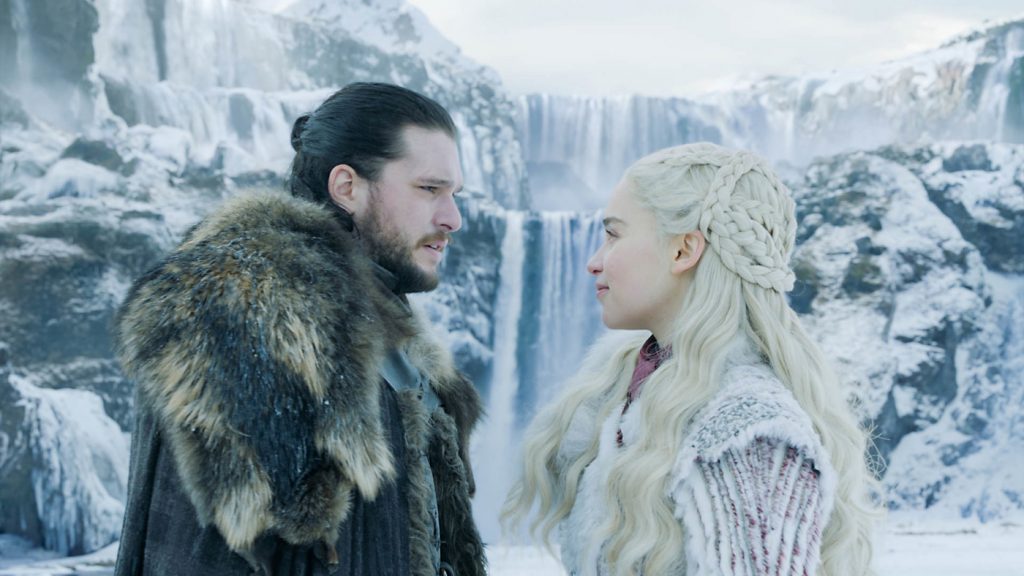
Earlier this year, a friend mentioned that while writing an email about Game of Thrones, her spellchecker corrected her wrong spelling of Westeros. Apparently the digital world had achieved Game of Thrones saturation, while my husband and I still belonged to a shrinking minority who never learned that “winter is coming.”
So we decided that by viewing the entire first episode—or however many minutes we could handle, we’d feel satisfied that we’d given this fantasy series a fair try. Fast-forward to eight days later. As we approached the end of Season One, we wondered how we had overlooked a TV epic of this caliber.
Every once in a great while, a writer comes along whose written words create a universe that captures the imagination. That’s the genius of George R. R. Martin, who takes his place among storytellers like Homer, Tolkien, and George Lucas, to name a few.
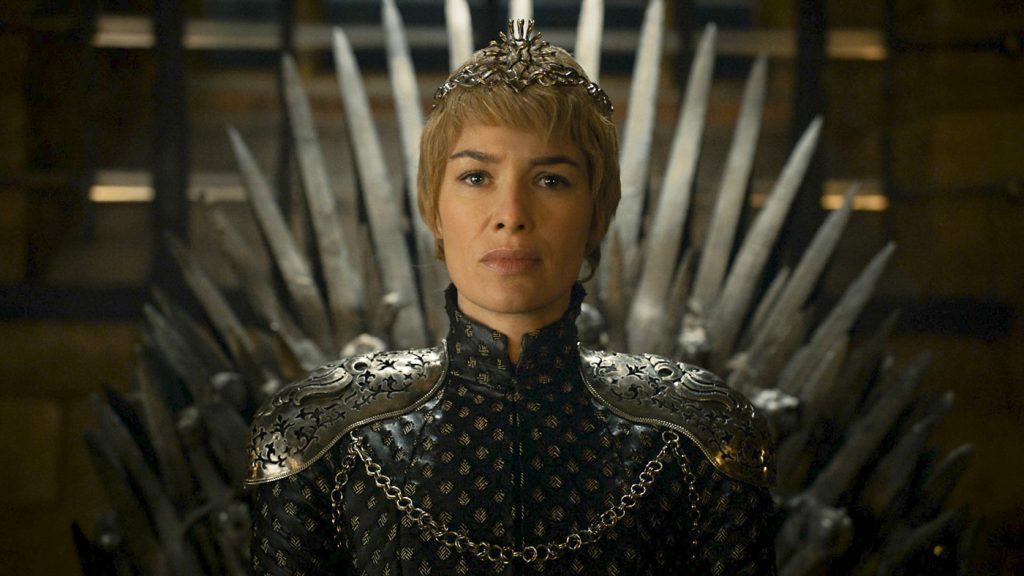
Collaborating with HBO to adapt his books for television, Martin transports us to a mythical civilization in its own time and space, complete with geographical maps and indigenous languages, codes, and customs, and a cast of hundreds with a past and a present. His kingdom of Westeros resembles Europe in the Middle Ages. And his books were inspired in part by England’s War of the Roses, a series of battles spanning 32 years during the 1400s, between two houses whose symbols were red or white roses: the Houses of York and Lancaster. Sounds like Houses Stark and Lannister to me.
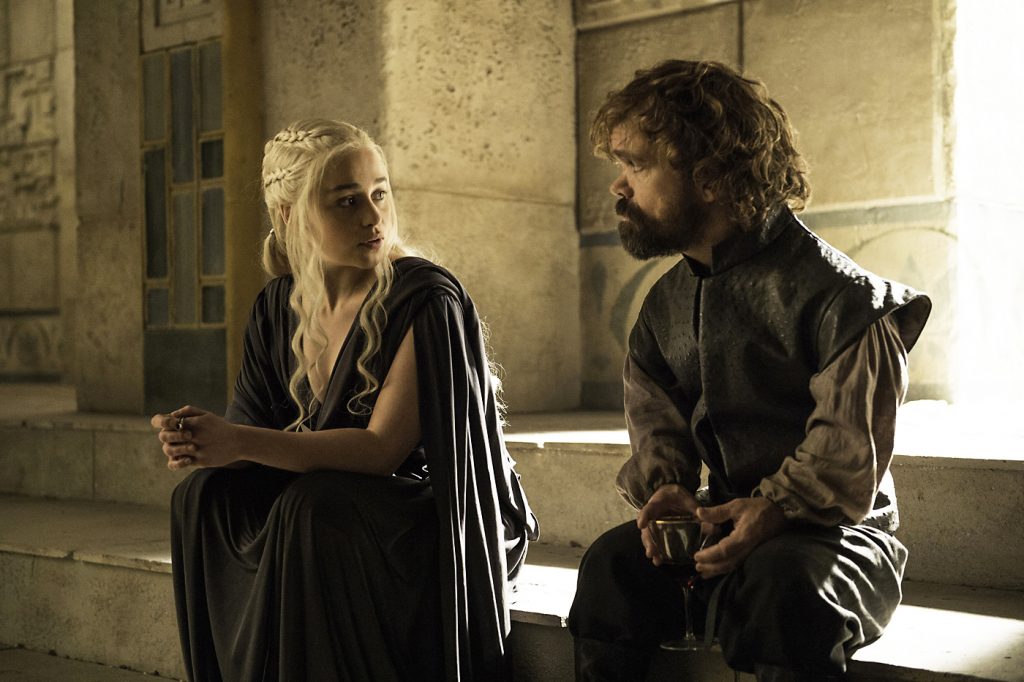
GoT viewers are treated to a masterpiece of sophisticated storylines and clever, crisscrossing plots. Settings are spectacular. Riveting conversations share simple wisdom doused with humor, especially from Tyrion Lannister, played to perfection by Peter Dinklage. Extraordinary casting (including familiar faces such as Dinklage, Sean Bean, Diana Rigg, Charles Dance, and Mark Addy, and less familiar faces like Kit Harington, Maisie Williams, and Emilia Clarke) offers scores of fascinating characters ranging from moral and wise to misguided, deceptive, or psychopathic, and some who alternate between hateful and good. And there are brave and inspiring women who master the skill of the sword and are never intimidated by men.
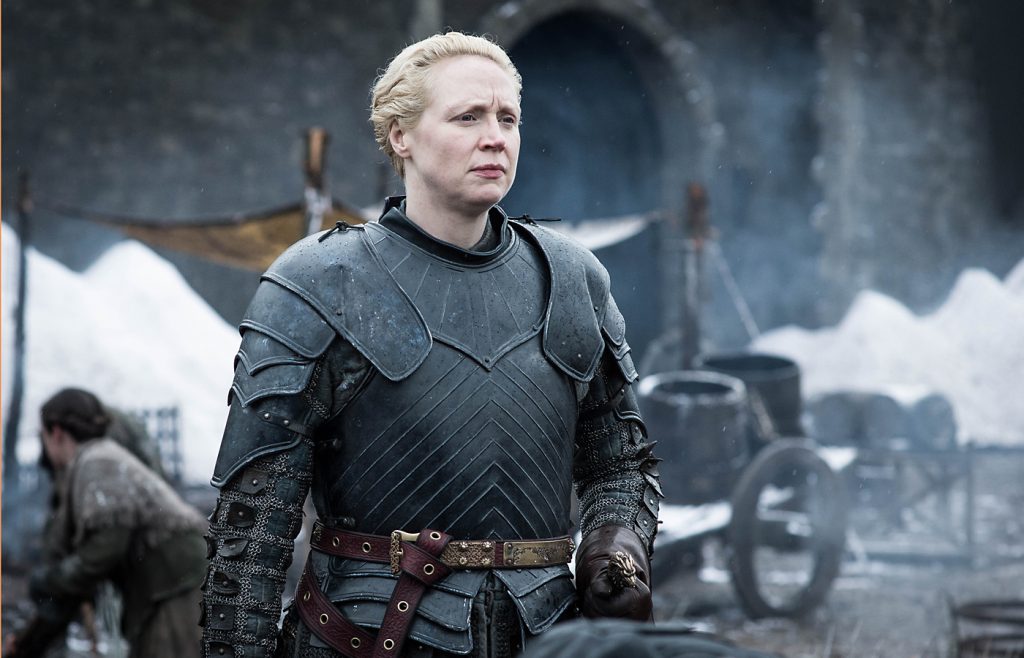
And yes, there’s plenty of violence. Beheadings are fashionable. Flying dragons breathe fire. And there’s an army of the dead that can’t be killed. No, not my taste either. But trust me, it all works. And some of the battle scenes are so enchanting they take your breath away. Every scene, every character, every minute dazzles. And I’m jonesing for more.
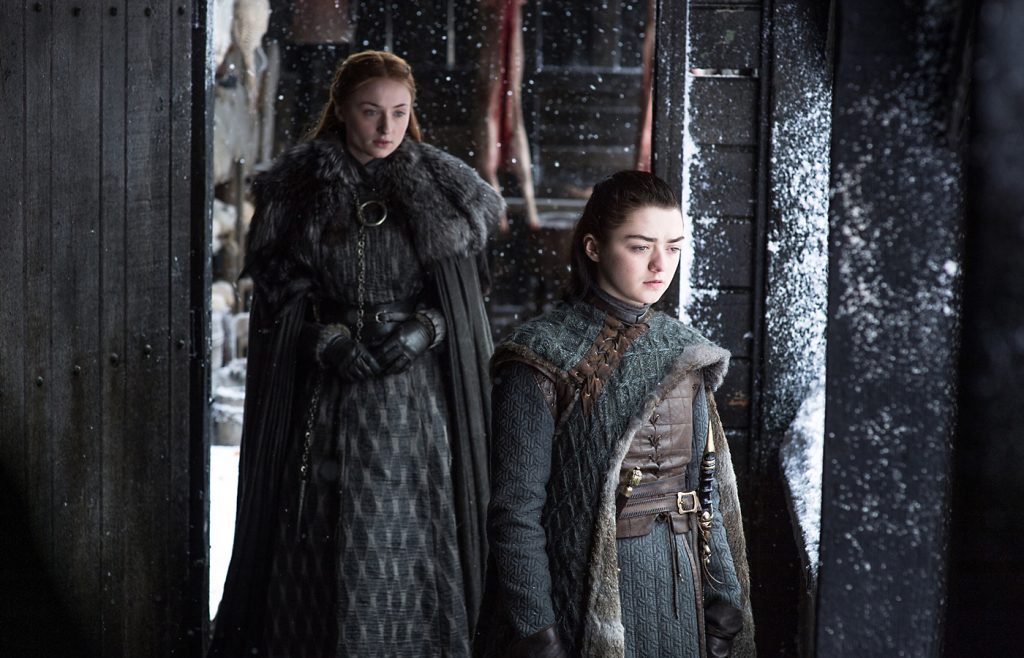
The dense material requires great focus to follow, aided by the summaries following each episode (and, in my case, plenty of Google searches for historical details and family trees).
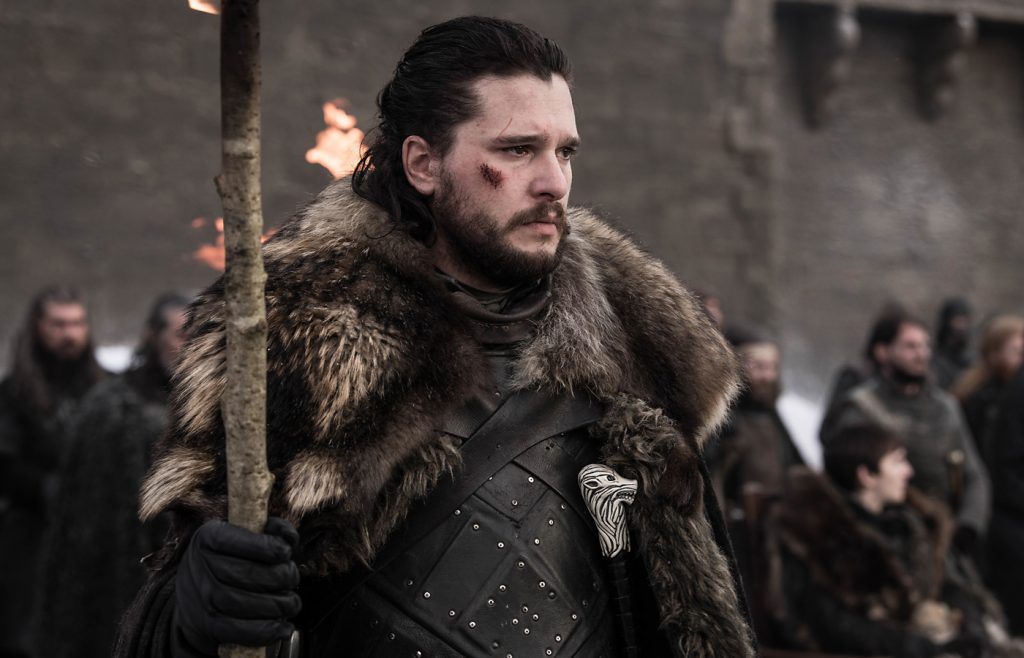
Within the many competing Houses, the focus is the Game: to capture the Iron Throne and rule the kingdom. Aspiring rulers and their advocates resort to spying, deception, executions, and battles of any size. To seize the throne or defend it, they’re willing to risk their lives. “When you play the game of thrones, you win or you die.”
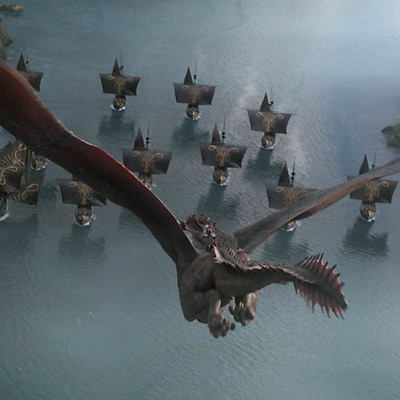
GoT is the perennial saga of human culture. And thirst for power is the lusty engine driving every nation and empire, whether it’s 1400s England or Martin’s Westeros or the halls of our U.S. Congress. The classics, the ancient texts, and our modern history books repeat this story over and over.
In collaboration with Martin, showrunners David Benioff and D. B. Weiss interpreted Martin’s book series, which he is still writing. The HBO series (2011 to 2019) created a fan base and zeitgeist. But when Benioff and Weiss wrote their own final episodes, the viewers rebelled. I get it. Those final minutes made me feel deeply disappointed. Storytelling is a fragile process. An unsatisfying final season—even after seven spectacular seasons—feels like hurling rocks at a shiny new Jaguar. But I’m getting over it.
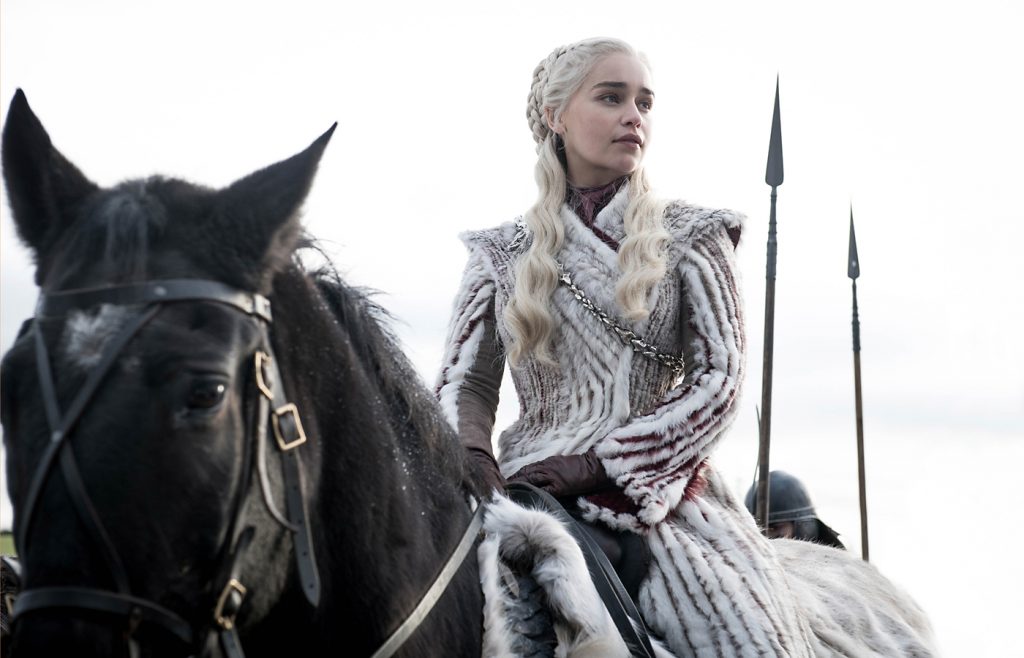
Let’s end on a note of recognition. It took a village to create this series. I highly recommend the HBO documentaries that go behind the scenes to the writers, several directors, makeup and costume crews, multitudes of extras, and fantastic worldwide locations.
I’m late to the Game, but I’m here. Winter is coming. And so is the prequel series, which I’ll be watching as soon as it runs.
A+++ (except for the final 12 minutes)
